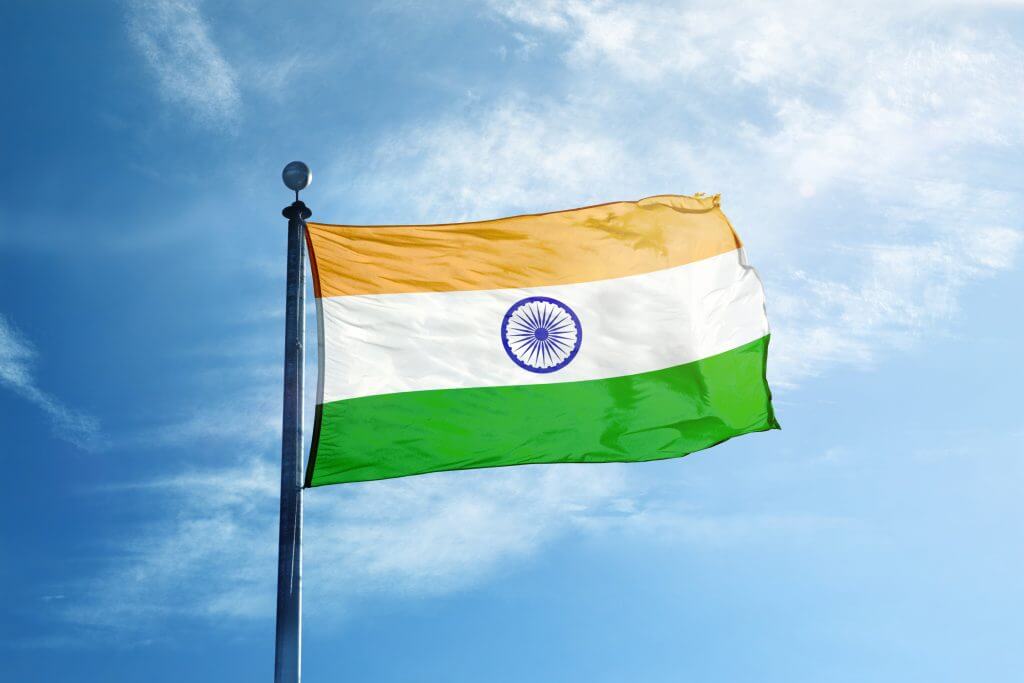Bitcoin in India: Govt Invites Citizen Comments on Virtual Currencies

An Indian government official has supported the rumored bill to ban cryptocurrency. | Source: Shutterstock
The Indian government is opening itself to public comments and suggestions about the regulation and legality of virtual currencies like bitcoin in the country.
Earlier in March this year, India’s Ministry of Finance (FinMin) established an interdisciplinary committee that includes a number of authorities including representatives from the central bank – which has issued warnings against the use of bitcoin in the past – to study the legal framework surrounding virtual currencies.
Chaired by the Special Secretary of Economic Affairs and officials from a number of other ministries, the committee’s primary tasks, as reported by CCN.com earlier, are specifically:
- Considering the present status of virtual currencies globally and in India
- Examining the existing regulatory and legal structures governing virtual currencies around the world
- Suggesting measures in dealing with concerns in consumer protection and money laundering related virtual currencies and,
- Examining other relevant matters related to virtual currencies.
Now, India’s FinMin is courting suggestions about virtual currencies from the public on a government portal after stating that ‘the circulation of Virtual Currencies which are also known as Digital/CryptoCurrencies has been a cause of concern’.
The FinMin points to two separate public notices issued by the Reserve Bank of India in 2013 and February 2017.
More specifically, the government is seeking answers to the following questions:
a) Whether Virtual Currencies (VCs) should be banned, regulated or observed?
b) In case VCs are suggested to be regulated:
i). What measures should be taken to ensure consumer protection?
ii). What measures should be taken to promote orderly development of VCs.
iii). Which appropriate institution(s) should monitor/ regulate the VCs?
c). In case VCs are not suggested to be regulated:
i). What should be the effective self-regulatory mechanism?
ii). What measures should be adopted to ensure consumer protection in this scenario?
Local reports from India hint at the government already ‘in the processing of preparing norms’ for the regulation of virtual currencies. A televised report from an CNBC affiliate in India from mid-April revealed the government’s intention to legalize and tax bitcoin and virtual currencies in the country. All signs are pointing toward the government ‘legalizing’ virtual currencies at a time when the likes of Japan and the Philippines officially acknowledge bitcoin as a legal method of payment.
An Indian government ban of virtual currencies is highly unlikely and would be counter-productive to the government’s own digital payments and finance agenda.
A number of suggestions have already called for the regulation of legalization of virtual currencies in the country.
“Bitcoin should be regulated in India,” writes Shradha Jadhav. “With proper regulation which will benefit the Indian economy and citizens with growing technology. When other countries are legalizing n accepting it, we should be stepping forward for the digital future of the country.”
“Yes…Regulation of Cryptocurrency in India will be one more positive step toward economic empowerment,” adds Priya Ratan Janjal.
“Japan & Korea have already legalized it and India should get onboard,” suggests Udit Agarwal.
The government is accepting public suggestions concerning the future regulation and legalization of virtual currencies until May 31st, 2017.
Featured image from Shutterstock.